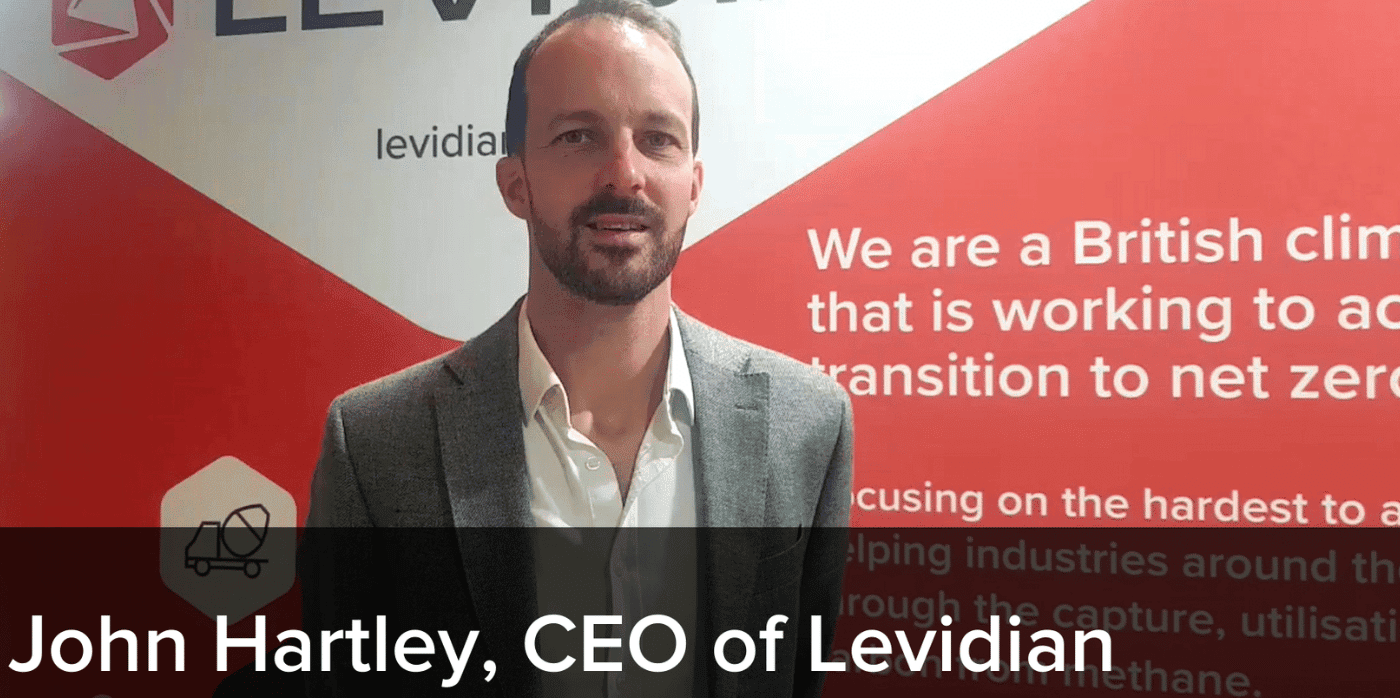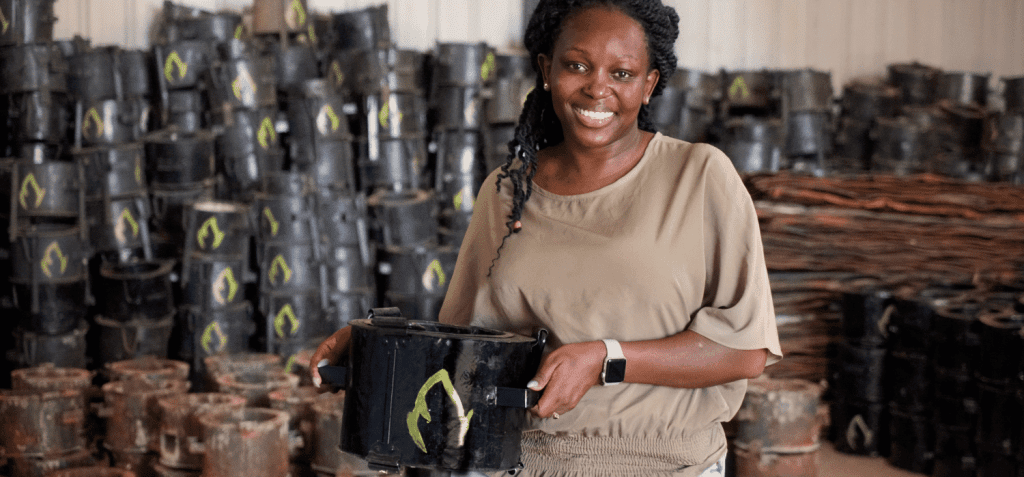Solutions not pledges: Five of the best startups at COP28

A COP summit held in a petrostate was always going to be controversial. Some announcements got a gold star, such as the launch of a loss and damage fund (although the devil will be in the details) or the pledge to triple global renewable energy capability by 2030. But while the final agreement promised a transition away from fossil fuels, many observers criticised it for falling short of a full phase-out.
Outside of the main negotiation rooms and talking shops, entrepreneurs and founders come to COP summits to make contacts and do business. It felt like they were in the right place this year – the appetite for solutions over more pledges was palpable in the conversations we had and during the sessions we attended.
More than a hundred clean tech startups had travelled to Dubai to be present in the Startup Village or to speak on panels on the various stages around Expo City. It was great to see some familiar faces, such as Sabrine Chennaoui, CEO and co-founder of Monsapo, a company that makes cleaning products from used cooking oil. Monsapo addresses a critical issue: 20 per cent of ocean pollution comes from used cooking oils, harming marine life responsible for 95 per cent of Earth’s oxygen.
It seemed fitting during the hottest year on record RedSea were at COP28, a sustainable agritech startup we featured earlier this year, which has developed a complete system aimed at helping farmers grow food in adverse conditions. This includes greenhouse technologies designed to keep plants cool in hot climates. The platform incorporates artificial intelligence (AI), solar power, and desalination technologies in order to save on energy and water use.
Likewise FortyGuard, an analytics platform we first spotted in December 2022 that collects data from a mixture of local and global sources. The company uses this to provide analytics about temperatures down to the level of a single square metre. The insights can then be used to guide designers, engineers, and contractors as they attempt to make cities cooler.
The fourth annual Hydrogen Transition Summit was held during COP28 – green hydrogen has been on our radar all year and developments in this area will only advance as innovation drives production and transportation costs down. Geopura is developing a technology that promises to eradicate the need for diesel powered generators on construction sites. Following ten years of research and development, GeoPura has developed its Hydrogen Power Unit (HPU), which combines hydrogen fuel cell technology with battery storage and real-time electrical conversion. The fuel cell splits the hydrogen into protons and electrons, which creates an electrical current that charges the batteries. The batteries, in turn, provide power to the site for applications such as electric vehicle charging, heating, and hot water (read our full write up from November here).
Levidian is a UK firm that is ready to capitalise on the Global Methane Pledge, launched at COP28, to reduce methane emissions by 30 per cent from 2020 levels by 2030. It trying to decarbonise hard to abate sectors – and counts waste water companies, oil and gas, and heavy industry, amongst its potential customers. It has created a device called ‘Loop’, which cracks methane into hydrogen, which can be used as a clean energy source and carbon, which is locked into graphene and then has the potential to be used in a variety of ways. Levidian claims that using Loop could cut CO2 emissions by 40 per cent instantly.
Words: Angela Everitt








